Dr. Christopher T. Daly Performs Organ on Campus
Courtesy of Villanova University
Dr. Christopher Daly performs in the church for an attentive crowd.
April 14, 2021
On Thursday, Apr. 8th, the Augustine and Culture Seminar Program held an organ recital at St. Thomas of Villanova church, performed by Humanities and Augustine and Culture Seminar professor Dr. Christopher T. Daly.
The recital began at 6 p.m. For a little over an hour, students in attendance were fortunate enough to hear the organ beautifully resonate throughout the church by the hands of a true professional.
“I’m so glad to be playing an instrument I love in a place that I love,” Daly told the audience at the start of the show.
The church was packed with students, a large number of them being freshmen, in every other pew. When all of the designated pews were taken, students began to fill up the seats along the side of the church. The entire performance was also available via an online livestream, which was watched by viewers as far away as the U.K., according to Daly.
This show marked the 23rd consecutive year of Daly performing on the organ for the Villanova student body. Last year, in 2020, Daly’s performance was entirely virtual, which made this year’s in-person and simulcast showing all the more special.
Daly began playing piano in the second grade and organ in the sixth grade, but to much astonishment (given his incredible skills), he did not become seriously focused on his organ skills until he was getting his masters’ degree.
Daly began preparing for this years’ recital right after Christmas in 2020. Every year, he selects entirely different pieces to play before his audience. Over the past two decades, Daly has rarely ever repeated a piece from a previous repertoire.
This year’s recital was divided into four sections. Before each section, Daly would give the audience the historical context behind the pieces he was about to perform.
In the first section, Daly performed “Toccata” by Michelle LeClerc, and in the second section, Daly performed “Suite du 1er Ton from ‘Troisième Livre D’Orgue’” by Guillaume-Gabriel Nivers. Both sections were met with a hearty applause from the audience.
The third section consisted of both “Praeludium in G Minor, BuxWV 149,” or “The Mist,” by Dietrich Buxtehude and “Concerto in G Major (BWV 592)” by Johann Sebastian Bach. Bach is Daly’s favorite composer.
“I love the complexity, the richness of Bach,” Daly said.
In between the third and fourth sections, Daly opened himself up to questions and walked around the room to converse with curious students.
One student asked Daly about how different it is to play secular music as opposed to music purposely written for liturgy.
“I try to play along with the words of hymns, and I try to understand the language and the import of the hymn,” Daly responded. “I try to make it correspondent in a way that I understand it to be correspondent … I use different touch, registration, and import of words in different pieces.”
Another student toward the front asked Daly about his unique shoes. Daly responded that they were Capezio shoes, tap dancing shoes with leather soles. The shoes help him slide his feet over the organ’s pedals so his playing is more legato, or smooth.
The fourth and final section also consisted of two pieces, those being “Herzlich tut mich erfreuen (Opus 122, No. 4)” by Johannes Brahms and “Premier Choral in E Major (from ‘Trois Chorals pour Grand Orgue’)” by Cesar Franck.
Johannes Brahms’ piece is one that was composed in the final year of his life. Typical of that period, the piece was infused with melancholy, due to the fact that his fellow composer and unrequited love Clara Schumann had passed away.
Cesar Franck’s piece, “Premier Choral in E Major,” is a secular piece commonly played at recitals. Even though Daly has tremendous admiration for Bach, his favorite music to play on the organ is indeed by Cesar Franck, since Bach’s pieces are often difficult to replicate properly on the organ, given the instrument’s acoustics.
“Premier Choral in E Major,” was the longest one of the night, lasting about 16 minutes long.
“It’s a lengthy piece; it’s a meditative piece,” Daly said.
He even welcomed the audience to close their eyes for the piece in order to become fully immersed in the music.
Most college students are not typically classical music connoisseurs, but it was very apparent that this recital was one thoroughly enjoyed by everyone present.

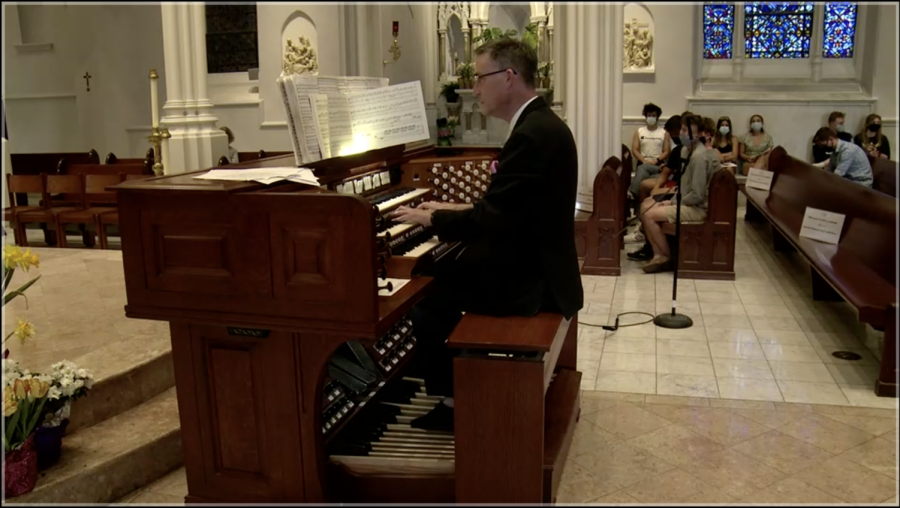
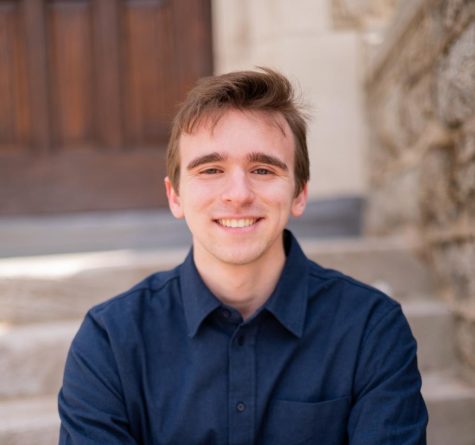

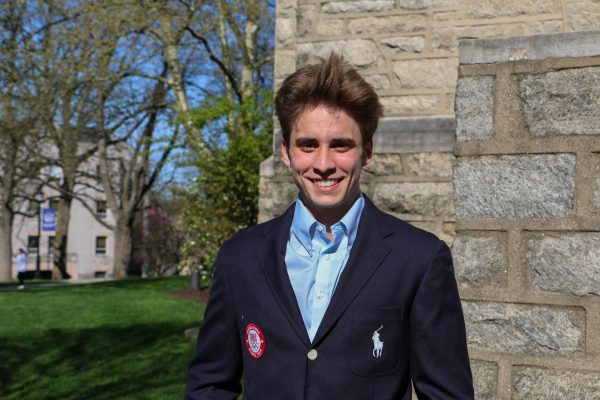
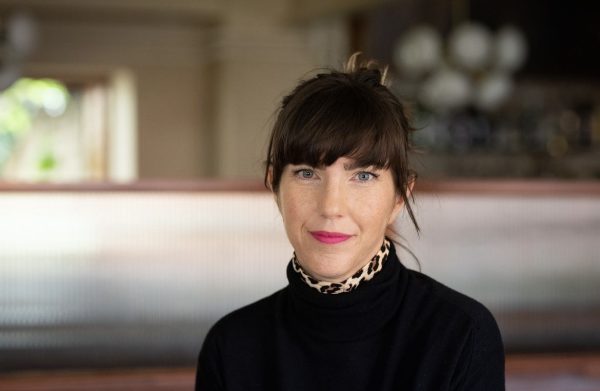
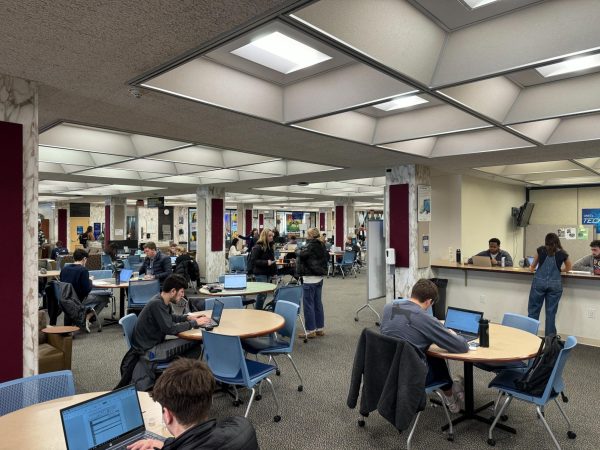
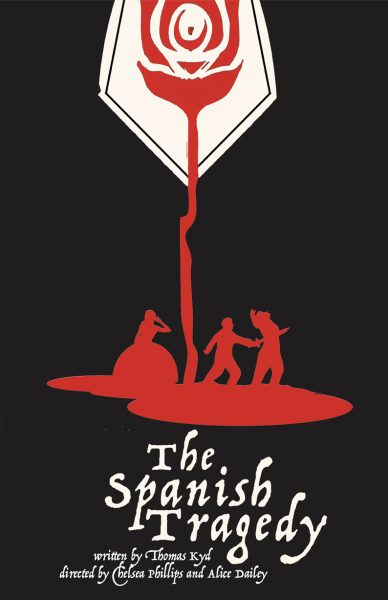
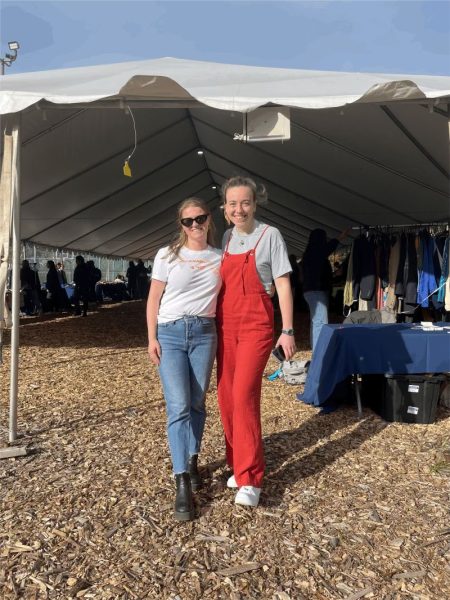
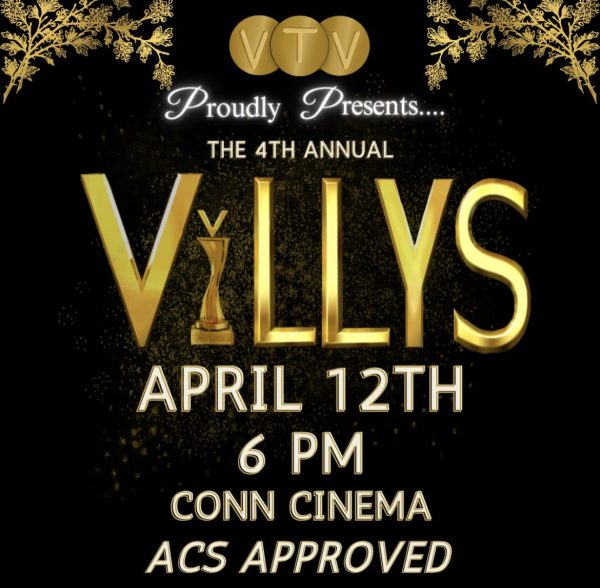
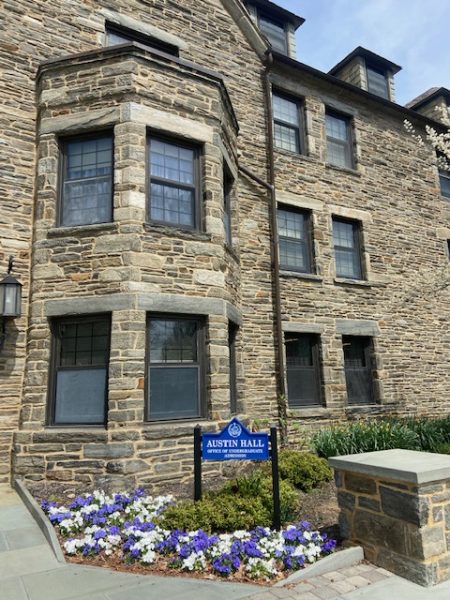
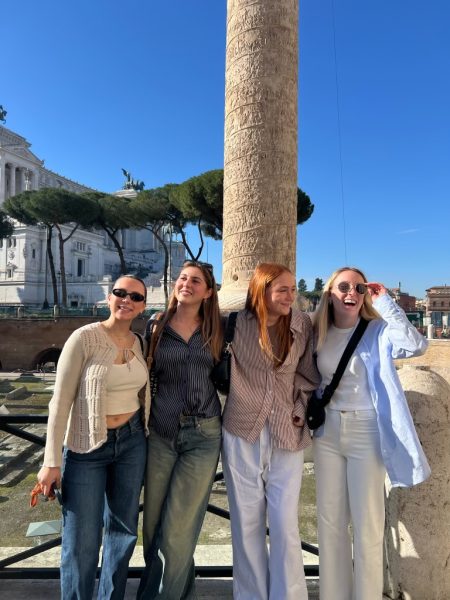
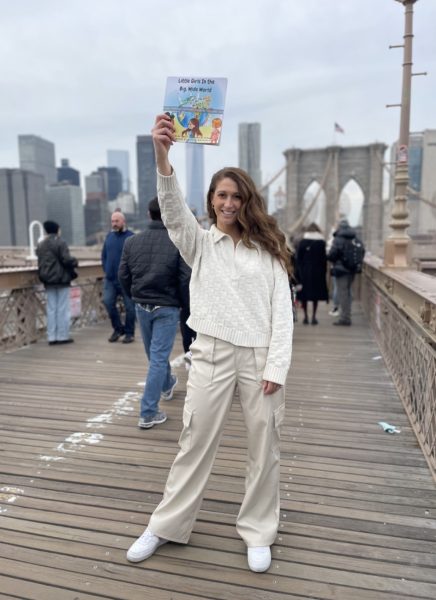

Gary Stout • Nov 28, 2023 at 11:57 am
Dear Christopher Daly,
We are your old friends from Ponzios who sat at the counter and attended one of your recitals a few years back. We always wondered where you went after Ponzios closed? Currently we occasionally visit the Empire Diner on the Brooklawn Circle.
Also, are you having a Xmas recital this year. If so, we would love to come and hear the organ and choir once again.
Who are we …. Gary and Frank. You can contact me by text 609- 220-6502!